It’s International Women’s History month, so we’re taking a short break from our usual scheduled fieldwork related blogs to talk about being women in business, being female leaders and how there’s still a long way to go.
There’s a stereotypical image when we think of a female CEO. Towering Louboutin’s, a fresh blow dry, red lippy that somehow never transfers to a glass, juggling investor meetings, whilst holding a Starbucks and a Birkin. We’ve all seen it, the Insta-worthy version of leaderships that makes it all look effortless. Glamourous. Easy.
Want to know the truth? Being a female on the C-Suite isn’t Insta-worthy. It’s not Meryl Streep in The Devil Wears Prada, striding through a boardroom with unwavering confidence. It’s late nights, it’s being the only woman at the table (again), it’s proving yourself twice, to get half the recognition. It’s navigating the unspoken biases, the patronising “sweetheart” in meetings and of course, balancing on that impossible tightrope of being strong, but never aggressive, assertive, but never bossy. It’s being told to “smile!” when you’re just trying to get your job done.
We’re not there yet
It’s undeniable that we’ve made some progress. But when you look at the numbers, it paints a sobering picture. Women still only get 2% of venture capital funding worldwide. Female-led businesses are less likely to secure the larger investments, despite some studies showing that the returns are often stronger!
Women in leadership often face microaggressions that chip away at confidence. They’re interrupted more in meetings, presumed to be the assistant, not the CEO, judged on their tone, their appearance and their work-life balance just to mention a few. Female leaders are way more likely to be asked about their family plans than their financial projections. When they do succeed, they’re ‘lucky’ not skilled.
Whilst social media campaigns celebrate the rise of the “She-E-O” and the “Mumtreupeneurs,” the stark reality is that the climb is still steeper for women than for men.
Standing on the shoulders of giants
But let’s be clear: we didn’t get here alone. Every woman forging a path today walks in the footsteps of those who fought before her. Women who broke barriers, challenged norms, and refused to be silenced. The suffragettes who demanded the vote. The women who battled for workplace rights, for equal pay, for maternity leave. Those who shattered glass ceilings in industries where we were never meant to have a seat at the table.
Gratitude isn’t just a nice sentiment, it’s fuel. It’s knowing that every hard-won battle has paved the way for another woman to go further, to dream bigger. And just as we stand on the shoulders of those who came before, including our Mum, Julie, we owe it to the next generation to keep pushing. To ensure that in 20, 30, 50 years, women in business won’t be writing these same words and our daughters won’t face what we’re facing.
The real power of women in business
So, what does real female leadership look like? It’s resilience. It’s fighting for a seat at the table and then making sure more women get to sit beside you. It’s pushing through the exhaustion, the doubt, the endless juggling act of professional ambition and personal responsibilities.
It’s also about building differently. Creating businesses that value people as much as profit. Redefining leadership, not as dominance, but as collaboration. Supporting other women, not seeing them as competition.
It’s knowing that success isn’t just about personal achievement, it’s about lifting others up along the way. It’s about mentoring, about advocating, about creating workplaces that don’t just accommodate women, but empower them.
The work isn’t over
International Women’s Month is a celebration, but it should also be a wake-up call. Progress has been made, but the playing field is still uneven. Women still have to work harder for the same opportunities. We’re still navigating spaces that weren’t designed for us.
Here’s to the female founders doing the work, rewriting the rules, and refusing to accept the status quo. And here’s to the women who came before us, who fought, who sacrificed, who paved the way. The best way we can honour them? Keep going. Keep fighting. Keep making space for the next generation.
Because the goal isn’t just to succeed in spite of the barriers, it’s to break them down completely.
Doctor, doctor, I think I’m a market researcher
Well, just ask yourself this question.
How easy is healthcare market research? Surely it’s very easy, because the hospital has already done the hard work for you. Find a ward for the medical condition you want to know about, sit down with a patient and make a start on your questions. Simple.
In case we didn’t make it obvious, this isn’t how to do market research. Try this method and you’ll end up in court faster than you can say ‘completely unethical practice’ or ‘call the police – we have a strange person with a clipboard’.
In fact, healthcare market research is the best way there is of promoting our services, since there’s lots of things here that other companies just can’t do.
And just why is that?
We have a roster of about 150,000 people who we can ask to take part in our research activities. Their backgrounds have all been checked really thoroughly. We’re sure that they’d be super reliable people for whatever project they’re asked to work on.
Since our database is huge, it means that we can select people for each task. Want to talk to fleet managers? We’ve got loads of them. Need to ask about whether ASDA is better than Sainsbury’s? No problem. Intstagram versus TikTok? So, so easy.
And that also includes healthcare professionals, from nursing assistants to hugely experienced surgeons. If you want a paediatric nurse to tell you how many children use their inhalers properly, we can find them. And if you need a hepatologist to talk about Hepatatis C, we know loads.
It gets more complicated when it comes to patients. We don’t come with handy labels that tell people what’s wrong with us. Nobody is called Beth Godfrey: Mild Asthma or Will Hancock: Broken Leg. But we can find loads of them with the conditions that your research wants to target.
And when it comes to more serious, life-limiting conditions, our researchers are all experienced people with high professional standards who are sensitive to the job they’re doing. They can get the information you need without ever losing sight of the fact they’re talking to real, live humans.
That’s great. But why would I want to spend money on this?
Simple. You wouldn’t design a product or a service without talking to the end user first, or at least finding out what they think. Unless, of course, you wanted to launch the medical equivalent of New Coke or Cheeto-flavoured lip balm.
By involving human factors – that’s people, to you and me – early in the process, you make sure that medical devices can be used by the people that they’re designed for. Even the most useful knee support or arthritis-friendly can opener will fail if nobody apart from your designers know how to use it.
And it’s the same with what the industry calls ‘healthcare experiences’. A really useful app designed to remind people when their clinic is taking place, and where, won’t be any use to seniors who don’t have smartphones or people who are visually impaired and navigate around the different functions – or even open it.
It’s only when you get in-person feedback that problems like this become obvious. We know that you’ve been told a million times how people live on their phones and your mum might have told you that nobody talks to each other anymore, but we do live in a very, very digital world. Don’t tell your mum, but sometimes having in-person feedback or listening to first-hand experiences can be useful.
When you’ve built that prototype knee support or can opener, there’s no substitute for having people in a room, using them. Somewhere between the noise of Velcro ripping off or cans of baked beans falling on the floor, there will be useful, usable information that makes your product or service better.
Is that all I get – some people in a room?
No. We work with healthcare professionals and healthcare users from every area. That helps us give you insights into every disease area and the impact of treatments or those healthcare experiences we talked about. And that means much deeper insights.
Focus groups and interviews are part of it. But we also do participant diaries, so you can see, in real-time, what impact you’re having. We do fieldwork as well, taking to experts, users, patients and carers to see what they think. And we do more involved research into the economics of particular solutions or outcomes to see whether they’re working.
This is all led by you. We aren’t healthcare professionals. As great as we are at doing what we do, we know that we’re not doctors. So we start by discussing what you need and look at ways to deliver it.
Then we draw up a screening questionnaire and using our database – as well as contacts across the industry – to find the people you want. And then we draw up a plan of how we’re going to get the information and share the participant profiles, so you know what’s going on.
Give me some examples, then
We can do that. There are two in particular. In the first one, we worked alongside a pharmaceutical company who were looking at people who were recovering from Hepatitis C – and who also inject drugs.
We set up a specialist panel with GPs and prison GPs, hepatologists and nurses, as well as pharmacists and outreach workers. Alongside participants on our own database, they gradually found new ones. We also spoke to various companies and experts, as well as using community forums, to find them.
It’s a sensitive subject, so we’re proud that we were able to put the company in touch with the people they needed to speak to – even though it was in a relatively confined geographic area and in a particular window of time.
The second one saw us working with a pharmaceutical company that was developing a new app for people with respiratory problems. It had a function that monitored how people were using their inhalers.
We had to find people with asthma and other breathing problems that used a wide range of different inhalers. And we also had to find respiratory consultants, GPs and respiratory nurses.
Yet again, we called on the in-house database to help, as well as using our reach on social media to find people who met the criteria. In the end, social media turned out to be a really useful tool, since it spoke pretty directly to people who had smartphones and who were comfortable using technology.
And in conclusion…
Those are two examples among loads. The most important thing is that you’re getting the expertise of a company you can trust. This means that alongside our experience, we always do the right thing.
For a start, we’re members of BHBIA, the British Healthcare Business Intelligence Association who have a set of strict ethical standards that govern what we do and how we approach it. And we do regular training – and by that, we mean regular, not just once a year when we’re quiet. It keeps us up-to-date with best practice.
So, if you want to research a healthcare device, a healthcare product or a healthcare service, Acumen are ready when you are. And we can solemnly promise that we won’t tell any more dad jokes.
✔️ We don’t just rely on the internet. We blend digital, personal, and on the ground strategies for high-quality recruitment.
✔️ We won’t just accept anyone. We ensure every participant is engaged, qualified and ready, willing and able to provide valuable insights.
✔️ We don’t forget that we’re dealing with people. Behind every data point, is a real person sharing their story.
✔️ Our database of healthcare users and professionals, as well as our contacts and social media presence, makes it easy to reach the people you need.
Finding a needle in a haystack? We call that a Tuesday.
Recruiting the right people for market research isn’t just throwing a dart at a LinkedIn profile and praying for the best. It’s an art. A science. And maybe just a little bit of match making magic.
We often get asked, “do you find participants?” and the short answer is yes. But the long answer, is we don’t just find participants. We curate a perfect panel for your healthcare, b2b or social research project. You might be drawing a blank looking for a specialist surgeon, a hard-to-reach patient group or even a c-level decision maker. Which is where we come in, we know where to look, who to ask, and how to get the right people talking.
But finding these perfect matches isn’t just about knowing where to look, it’s about really getting into the psychology of recruitment. We ask ourselves about the motivations of participants, why would they want to share their insights? What’s stopping them? Most importantly, how do we make sure everyone is giving us genuine and high-quality responses?
In-home product placements
Ah, in-home product placements… They’re fascinating, rewarding, and sometimes tricky. We’re talking about real consumers in this demographic. Often people with busy lives, established routines, and well-established personal preferences. And let’s be honest, they’re not going to change their habits just for any old research study.
A parent juggling work and school runs or a foodie obsessed with their air fryer isn’t necessarily hanging out on research panels, waiting to try new products. So, how do we reach them?
We don’t just aimlessly scroll and send DMs. (We save that for after-work Hinge swiping.) Instead, we leverage our extensive database to recruit the right participants at scale, ensuring you get the numbers you need.
We then use our own well-equipped facilities to administer the products efficiently. This could be storing chilled items in our fridge freezer facilities or managing precise distribution. Then, with our in-house data services, we convert feedback quickly, so you’re not left hanging, waiting for results.
“But what about those hard to each participants?” we hear you cry. No drama. Our extensive database and strategic partnerships give us access to a diverse range of consumers, ensuring your product lands in the hands of the right people.
And as our aforementioned Hinge-swiping efforts have taught us, it’s not just about sending a copy-and-paste message and hoping for the best. A skincare enthusiast and a whisky connoisseur have really different engagement styles. So, we adjust our approach to ensure every participant is genuinely invested in your research.
Finding healthcare participants – Easier than getting a GP appointment.
Funnily enough, when we’re looking for patients and healthcare professionals, we can’t just roll up to the local health centre and see if anyone fancies a chat. It takes trust, expertise and the right connections. Especially because we’re dealing with sensitive health information, strict compliance regulations as well as time-poor medical experts.
Not all patients are looking for a research opportunity, which is where we come in. We’ve spent 20 something years collaborating with charities, organisations and advocacy groups to connect with patients, care givers and those with lived experience. This networking means we’re perfectly placed to find patient participants for all kinds of studies, from rare disease, mental health conditions or chronic illness.
If you’ve tried to book a GP appointment recently and found yourself 153th in line, you’ll know that doctors and healthcare professionals are super busy and in demand. Often stretched thin. So, our job is to ensure that they participate, and engage meaningfully.
We use our existing relationships and reputation to leverage existing relationships with medical professionals who trust us, our process and understand the value of the research we do. This means high response rate, as well as authentic insights.
We know that healthcare professionals don’t have an hour to spare for a badly timed survey. So, how do we get participants? Well, we offer varied participation methods, such as quick surveys, virtual interviews and in-person panels that fit in their demanding schedules.
Social research – Building trust and networking
It sounds hard to believe, but not everyone is chronically online. Some audiences prefer to stay off the internet, they’re in the real world and oftentimes wary of researchers and “outsiders.”
We work alongside local organisations, charities and advocacy groups to find these voices for real, authentic research. Trust is everything, and we build it the right way. In our 20 years of experience (humble brag) we’ve often found that these hard to reach target groups won’t respond to a random email, but they’ll engage through word-of-mouth referrals, and familiar networks. Building our network this way has meant that when we need social research that covers sensitive topics, we can find the participants we need.
So, why Acumen?
Not only are we witty, fun, engaging, great to work with… etc, we deliver the best participants for your research.
✔️ We don’t just rely on the internet. We blend digital, personal, and on the ground strategies for high-quality recruitment.
✔️ We won’t just accept anyone. We ensure every participant is engaged, qualified and ready, willing and able to provide valuable insights.
✔️ We don’t forget that we’re dealing with people. Behind every data point, is a real person sharing their story.
Need some Acumen magic for your next project? Let’s have a chat.
Would you want the details of your last doctor’s appointment printed out and stuck on a billboard? How about turning your blood pressure reading into a flyer, or putting your cholesterol levels on a hoodie?
If the answer to these is ‘no, that seems like a bad idea,’ or ‘are you feeling alright?’ then you’re close to understanding why GDPR matters when it comes to healthcare-related market research. If your company can’t satisfy people that it takes its data security seriously, then it’s not going to get many clients for its next market research activity.
Please, tell me more about this fascinating subject
Oh, go on then. Here’s a quick summary of the basics.
GDPR stands for ‘General Data Protection Regulation’. It might be based on an EU law, but it’s now part of UK legislation as well and governs how organisations use and store personal data. It should be lawful and fair, its purpose should be limited to whatever the task is, and it should be kept to a minimum.
And – this is the important bit – it should also be secure. If you think that hackers aren’t interested in healthcare data, this next bit is going to come as a shock.
Data breaches in the healthcare sector rose by 21% between 2022 and 2023, totalling about 1,900 incidents, although there are almost certainly more. These are just the ones we know about.
Bad data security is also expensive. NHS trusts alone have paid out £1.5 million in data breach claims since 2021and that figure is rising all the time.
This means that there are two reasons why patient and healthcare professional – ‘HCP’ for short – data should matter. Not only will it damage your reputation, but it could make a large dent in the budget for your next Christmas party.
But how do you know that the market research company that you’re dealing with takes data security seriously, and isn’t doing the virtual equivalent of leaving the door open, the filing cabinet unlocked and a pile of money at reception?
Avoiding the pirates and reprobates
This is easier than you’d think. There are some basic questions you need to ask potential partners before parting with any of your company’s money.
Firstly, you need to see if they’re recognised by industry bodies. The Market Research Society is the world’s leading market research society and its members have to make sure they observe a strict code of conduct. You have to abide by this as a minimum to even think about bidding for some commercial tenders and government contracts.
They also have a Freephone service where people can check a company’s credentials or can look them up on the online register. If they’ve got no record of them, then it’s a safe bet that you shouldn’t be doing business with them, either.
Secondly, there’s Fair Data. This is less well known about, but it’s also run by the Market Research Society and holds everyone who signs up to what it calls the ‘Fair Data Principles’. These cover everything set out in the GDPR laws and reinforce the idea that vulnerable and underage people are protected as well.
And although this might sound obvious, it’s especially useful in the healthcare sector. A lot of research deals with groups who have been pushed to the margins, from some members of the LGBTQIA+ community to those with life-limiting conditions. Fair Data accreditation shows that they’ll be taken seriously.
Thirdly, there are a few other bodies. The Association for Qualitative Research is one. There’s also BHBIA, the British Healthcare Business Intelligence Association which has an ethical and compliance framework for all its members. And then there’s the International Standards Organisation whose member organisations set a whole load of standards across different fields.
The relevant one here is ISO 20252 which applies to market opinion and social research. There are clauses in this that specify that the company takes GDPR seriously and protects personal information at every stage, from collection through to final reporting and expects the company to show that it monitors how the data is used.
Now you know all this, you can head out there and find the right market research company for your next healthcare study. Good luck, and happy hunting.
Er, hang on a minute.
Before you go, there are a few reasons why you might want to put Acumen at the top of your list, starting with our membership of all those professional organisations. We’re recognised by the Market Research Society, the Association for Qualitative Research, BHBIA and Fair Data. And we’ve also got ISO 20252 accreditation as well.
If that’s not enough, there’s our privacy policy. Yes, we know that it’s normally the boring grey bit people scroll through before they click ‘okay,’ but it sets out in plain language what we do with all the data we collect. It might not be a great read, but it’s there for all visitors to our site and we encourage people to email us about it.
We go into detail about what we collect and how we collect it as well as who we share it with and what your rights are as well. And there is more to this than you might think, especially under the laws that apply to GDPR.
People who take part in our research can see what information we’ve got and change anything that’s wrong. They can restrict processing of it, object to having it processed at all, or even be forgotten completely.
Ethics: not just a place east of London
This is the bit where we blow our on trumpet. And that trumpet is quite a big one. And it’s really, really shiny.
We believe that we’re one of the ethical leaders in our industry. No, really. If it feels wrong, even if it sits within the guidelines, we don’t do it. Not only that, but we don’t just do training once and then forget about it until next year. We do regular training as well as doing regular, in-house audits to make sure we’re living up to our own hype.
And there’s also Acumonitor. This is our own system that verifies people before they take part in any market research. This means you only get people who match the exact criteria, but just as importantly, it keeps the bad ones out.
We’ve used it to verify 150,000 people and removed 7,000 who were using fraudulent identities and who might use the opportunity to harm us – or you. Our founder even got an award for weeding out the fake participants. That makes us feel pretty good.
If you want to know more about GDPR and how it impacts your market research in healthcare or any other sector, just get in touch.
So here’s the summary
✔️ We don’t just rely on the internet. We blend digital, personal, and on the ground strategies for high-quality recruitment.
✔️ We won’t just accept anyone. We ensure every participant is engaged, qualified and ready, willing and able to provide valuable insights.
✔️ We don’t forget that we’re dealing with people. Behind every data point, is a real person sharing their story.
✔️ We take data security really seriously. It’s behind everything we do, from collection to processing and is why we’re ISO certified – and a member of several industry bodies.
This year is an especially big year for us here at Acumen as we’ll be celebrating our 20th year in October. What began as a vision two decades ago has grown into a leader in the fieldwork industry, and we couldn’t be prouder of the journey so far.
Let’s take you back to the beginning…
Acumen was started back in 2005 by Julie and Abi Fuller, in response to a seemingly large gap in the market for a proactive, dedicated, quality driven field agency.
At the time of Acumen being born, we were recruiting locally and had launched Aspect in 2002. As such, we saw various angles of the industry and noted a need that wasn’t being met adequately.
Our original strap line was the quote from John Rockefeller “the secret of success, is to do the common things uncommonly well” and we still stand by that.
And of course, there were many a hurdle along the way, but we wouldn’t have it any other way. The first year was anxiety inducing as we only had a few core clients and keeping them happy was the priority, not matter what!
Not to toot our own horn, but we’ve always had a proactive and can-do attitude, which meant there were a few sleepless nights trying to work out how to get the ultra-niche and challenging projects done. A healthcare project we did in Guatemala is particularly memorable!
But we are the people that “get stuff done” and we stand by that today. Abi even sometimes gets her hands stuck in recruiting as she just loves a challenge.
We have recruited the likes of Tommy Docherty of Man Utd, the Editor of Marie Claire, people with private jets and, well, anyone you can think of.
The world is small, and people are there to be found!
It’s not only the beginning that was challenging but over the years, we have successfully navigated some of the most challenging world events such as the 2008 financial crisis, Covid-19, and oh, many many pregnancies and challenging illnesses, and we still continue to thrive and evolve.
Finally, what we do wouldn’t be possible without our fantastic team, they are at the heart of what we do. Every individual at Acumen brings their best selves to each project, driven by a shared commitment to provide excellence for every client. Our team’s expertise, creativity, and dedication are the foundation of our success, and those who have worked directly with them know exactly what we mean. They are truly a testament to the quality of our work.
We’re sure 2025 will continue to be a whirlwind – there’s never a dull moment!
As we slowly approach October, we can’t wait to start sharing what we’ll be doing to celebrate 20 years of Acumen! This year truly is going to be exciting for us. We don’t want to give too much away but we’re even looking forward to announcing a brand-new podcast with special guests on every episode.
Rest assured, amongst all the fun and celebrations we’re still keeping an eye on rapid technological advancements such as AI and ensuring we are up to speed with the latest to navigate these in the best way for our clients in mind.
We look forward to the year ahead and invite you all to come along on this journey with us.
Rebecca Barnes Monday 2nd
Beccy Saunders Tuesday 3rd
Sinita Govind Wednesday 4th
Caroline Wheeler Thursday 5th
Sharon Allen Friday 6th
Jason Silver Monday 9th
Jane Sies Tuesday 10th
Sophie Connor Wednesday 11th
Alicia Alexandrou Thursday 12th
Joanne Oguntimehin Friday 13th
Aoife Lynch Monday 16th
Peter Caldwell Tuesday 17th
Here’s how to join the fun:
It’s as easy as that! Join us for 12 days of festive fun and make this Christmas season extra special. Good luck! 🎅✨

Relax and unwind with the iKristin Massager, featuring deep tissue kneading and a soothing heating function for stress relief.

Experience immersive sound with Anker’s noise-cancelling headphones, perfect for music lovers and focused work.
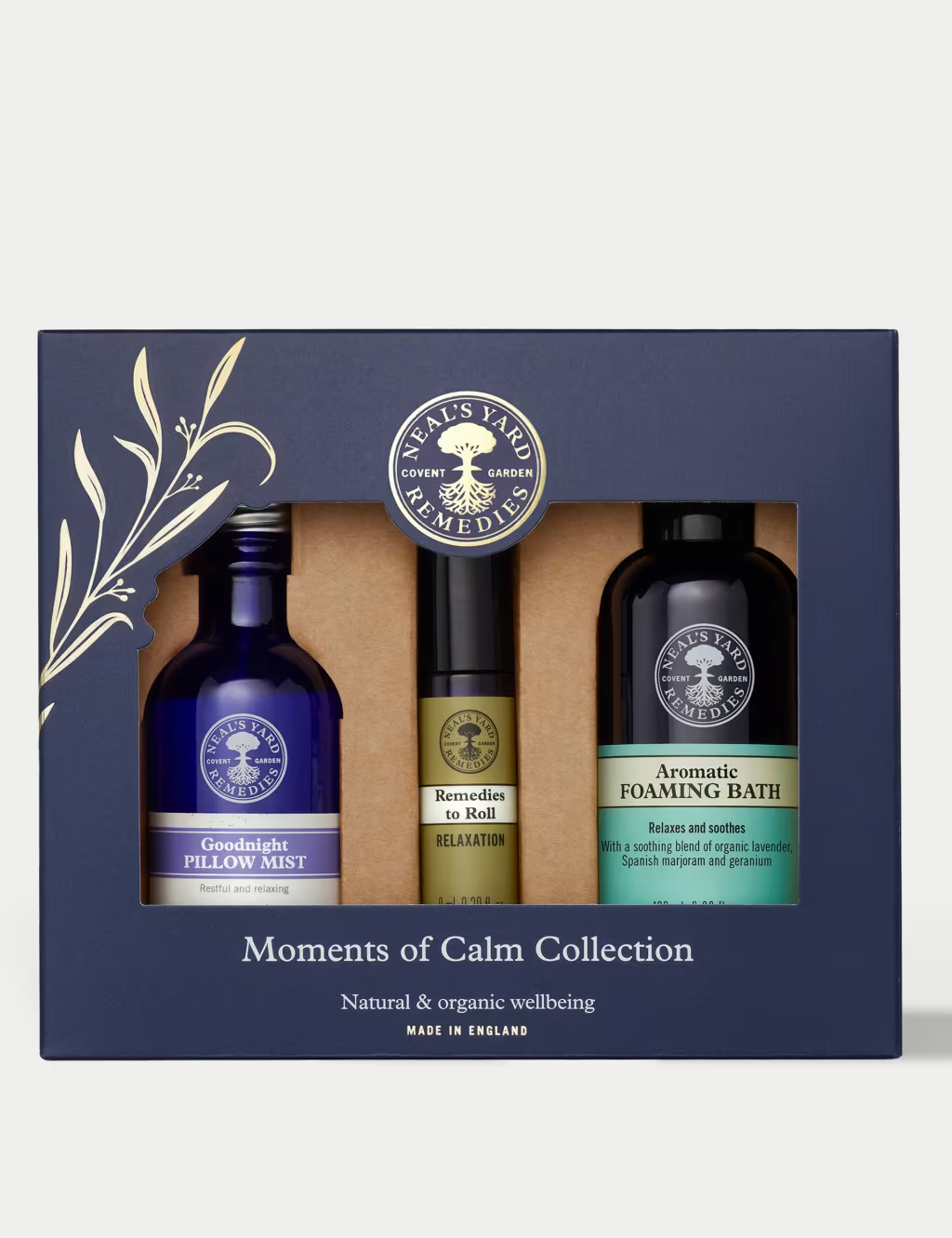
Take a moment to unwind with Neal’s Yard’s calming collection of essential oil-infused products.

Enjoy the pure, smooth taste of Crystal Head Vodka, presented in an iconic skull bottle.

Delight a Percy Pig fan with festive treats, a mini plush, and a tote bag.

Indulge in a decadent selection of chocolate treats, perfect for any sweet tooth.
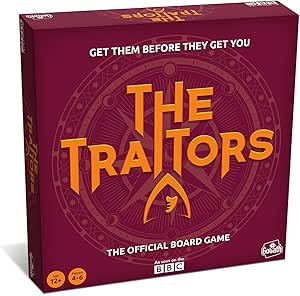
Can the Faithfuls catch the Traitor? Enjoy this thrilling board game based on the hit BBC show.

Bring laughter to any gathering with this hilarious party game that keeps everyone entertained.

Spread festive cheer with Lindt’s indulgent assortment of holiday-themed chocolates.
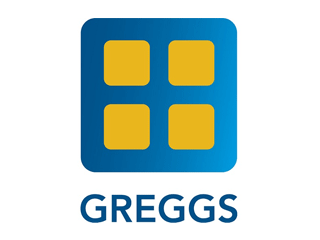
Enjoy a £30 voucher to indulge in Greggs’ savory bakes and sweet treats.

Savor your favorite coffee creations and snacks with a £30 Costa Coffee gift voucher.
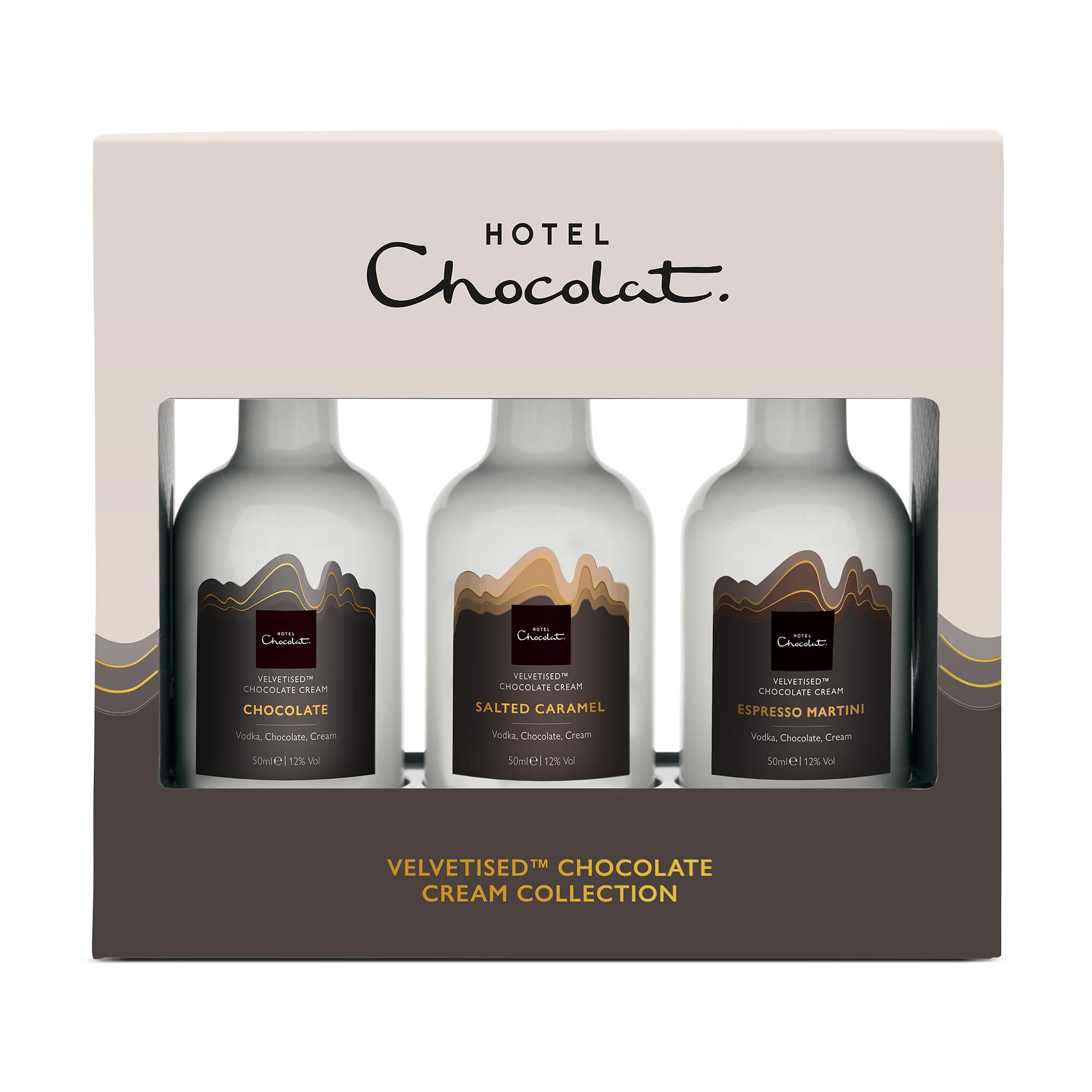
Savor the smooth blend of chocolate, cream, and spirits with Hotel Chocolat’s luxurious Velvetised Creams.
I’ve been involved in and around market research from a young age, when my Mum was a recruiter and we used to hold focus groups in our lounge at home! During secondary school and A-Levels I’d help out with participant recruitment or hosting in our Viewing Facility, Aspect, and after studying Psychology at University, I decided that I wanted to forge a career in the research industry and joined Acumen as a Fieldwork Manager. At the time Acumen was in it’s infancy, headed up by Abi, I became its second employee and I’ll never forget the thrill of winning new clients and the utter delight to hear fieldwork had gone well.
Having note-taken for many researchers over the years and being a naturally inquisitive person, I decided that I wanted to see what life as a Researcher was like, so I moved to London where I worked for a number of agencies (Research International / TNS, now Kantar, Spring Research, now Material and Razor Research), initially starting in Quant research, before moving to Qual and becoming a Research Director, as well as a Board Member of the Association of Qualitative Research (AQR) taking responsibility for skills and training of those newer to the industry.
After around 8 years in London, I decided to move back North and re-join the family businesses, setting up Full Colour Research and supporting Acumen clients who needed additional resource with moderation and reporting on projects. Alongside my work as a Researcher, over the past couple of years I’ve had an increasingly active role in Acumen so am delighted to now be officially returning to the fold as Chief Operating Officer, working alongside Abi to ensure that whilst Acumen have grown in size, we remain true to the values that were instilled all those years ago. I’m excited to work with the teams on training, understanding the impact of great participants on the overall project and offering my perspective as a researcher into how project managers and recruiters can best support, add value and make our lives easier. I’m excited to innovate and work with the team to ensure our systems and processes set up apart from our competitors and allow us to show the agility and forward-thinking nature that the research world needs. With Acumen offering Qual, Quant, Healthcare, Social, B2B and International research, I’m excited to use the skills I’ve acquired in my career to date to help Acumen deliver the best possible service to clients and I have realised that I still get that same thrill from winning a new client and hearing how well fieldwork has gone as I did all those years ago.
There is a lot of talk about values at the moment. People and companies are really trying to explore what, at their core, is important. It seems to us that this is a very healthy thing to do, so we would like to take the opportunity to share one of our fundamental values. In today’s fast-paced and ever-changing business environment, it’s more important than ever for organisations to take the time to reflect on their values and ensure that they are aligned with their mission and goals. At Acumen we are proud to have “Positively Delight” as one of our core values and believe that it sets us apart from the competition.
Here’s what we mean when we talk about positively delight… This value embodies our commitment to excellence and our relentless pursuit of delivering the best possible outcome in every situation. To us, this means having high standards, always striving to be the best we can be, and approaching every challenge with a can-do attitude.
We believe in taking personal responsibility for our actions, acting with integrity and transparency at all times, and being proactive in anticipating and solving problems. We also believe in sharing our knowledge and experiences with others, as well as showing up for our team and clients, always being there to support and help whenever needed.
At Acumen, we have been striving to live up to this value since our founding nearly 20 years ago. We are proud of the culture we have built and the impact we have had on our clients and communities. We are committed to continuing to positively delight those around us and make a positive impact in everything we do.
Don’t take our word for it, here is some recent feedback:
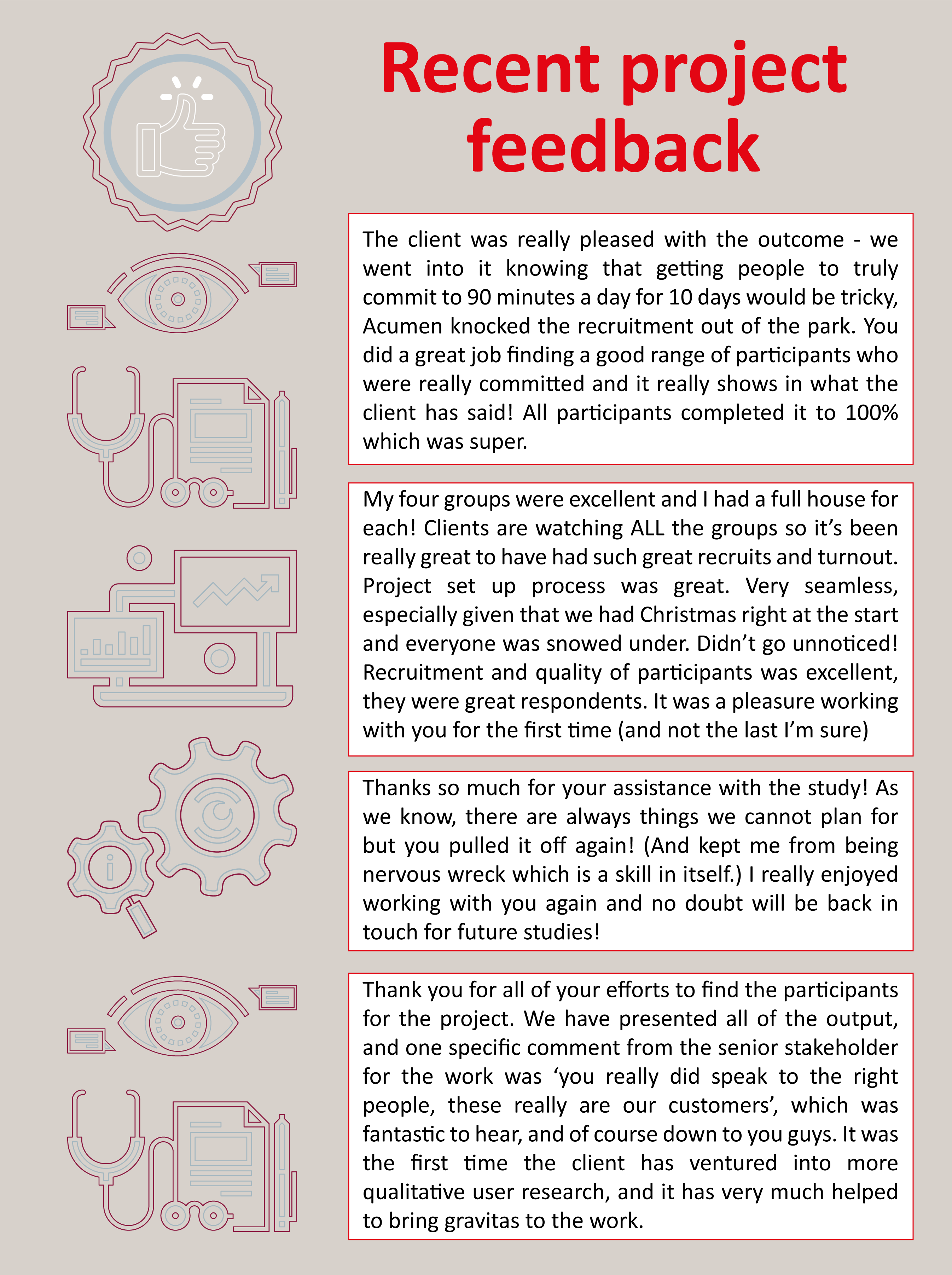
Acumen’s Healthcare team recently conducted a study on behalf of a cancer charity aiming to understand the experiences of cancer patients and their loved ones. The study had a total of 56 participants including 20 cancer patients undergoing treatment or in remission, and 36 loved ones who provided care for those in treatment, those in remission or those who had lost a loved one to cancer. The study was challenging due to the sensitive nature of the subject, but the feedback from the participants revealed a positive experience for all involved.
The study was conducted with the aim of providing insight into the experiences of cancer patients and their loved ones. The participants included individuals from various ethnic backgrounds with a focus on Bangladeshi, Indian, and Pakistani backgrounds.
Despite the sensitive nature of the study, a large majority of the participants found it to be a positive experience. They expressed their gratitude for the opportunity to take part and thanked the team for their understanding, professionalism, compassion and attentiveness. Many participants even went as far as to leave feedback for the moderators, describing the study as an interesting and cathartic experience, as well as an honour to take part in.
The study showed that cancer patients and their loved ones face significant challenges including physical, emotional and psychological struggles. The participants revealed that they found it helpful to share their experiences with others who could empathise and understand their situation. For many participants, the study provided a platform to express their emotions and concerns, which they may not have had the opportunity to do before.
The study also revealed that healthcare professionals could benefit from more training and support in dealing with cancer patients and their loved ones. The participants highlighted the importance of healthcare professionals being compassionate, understanding and attentive to the needs of their patients and their families. It is evident that healthcare professionals play a crucial role in the care and treatment of cancer patients and their actions can significantly impact the patient’s experience and overall well-being.
In conclusion, this study conducted by Acumen Healthcare was a success. The participants found it to be a positive and cathartic experience and the study provided valuable insights into the challenges faced by cancer patients and their loved ones, highlighting the importance of compassionate and attentive care from healthcare professionals. The Acumen Healthcare team’s commitment to conducting studies that provide valuable insights into healthcare and patient experiences is commendable, and their efforts should be applauded.